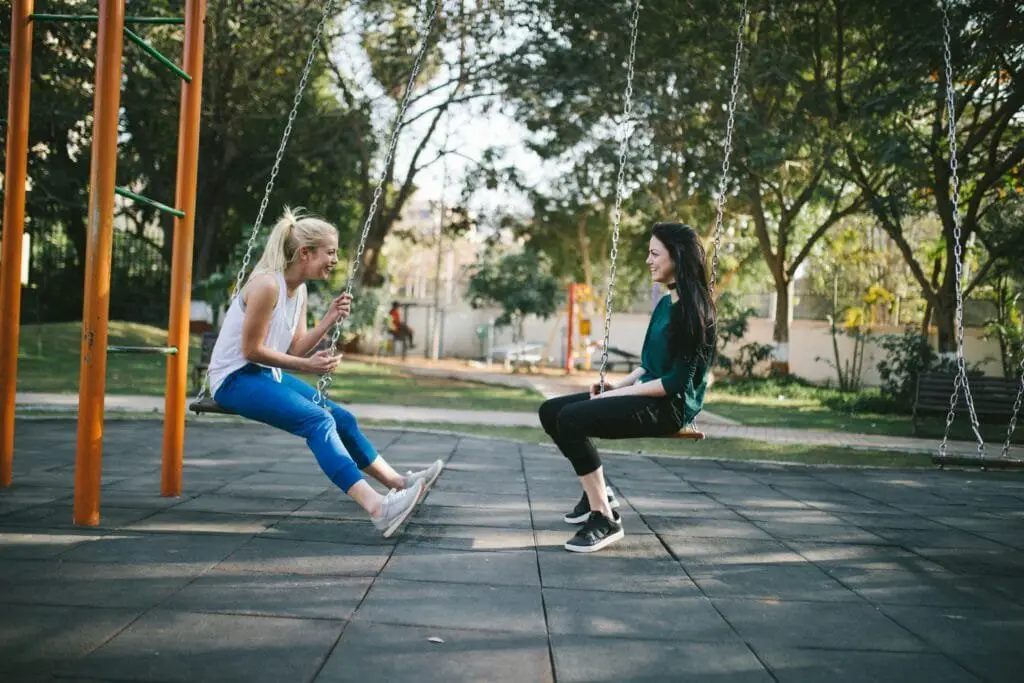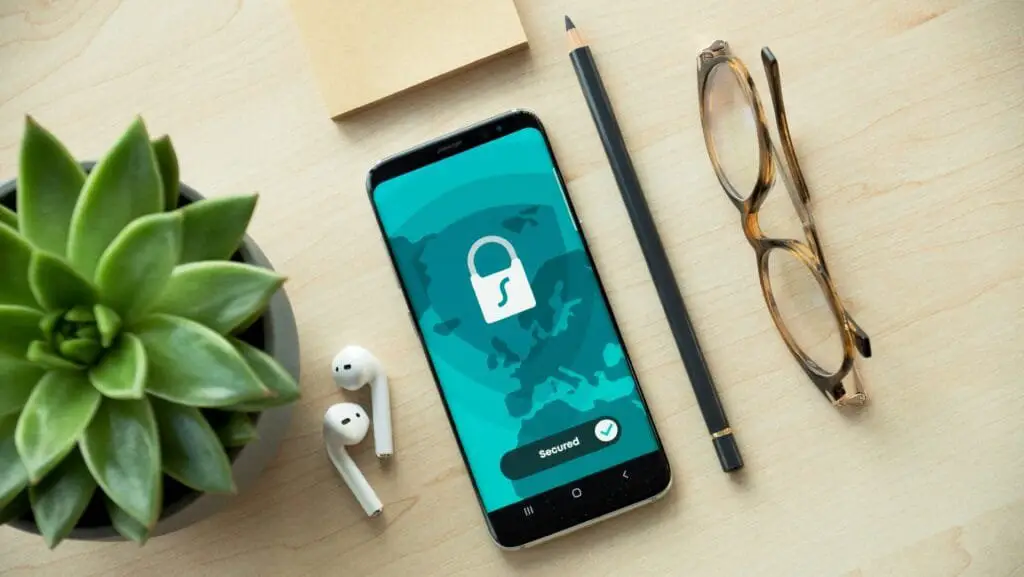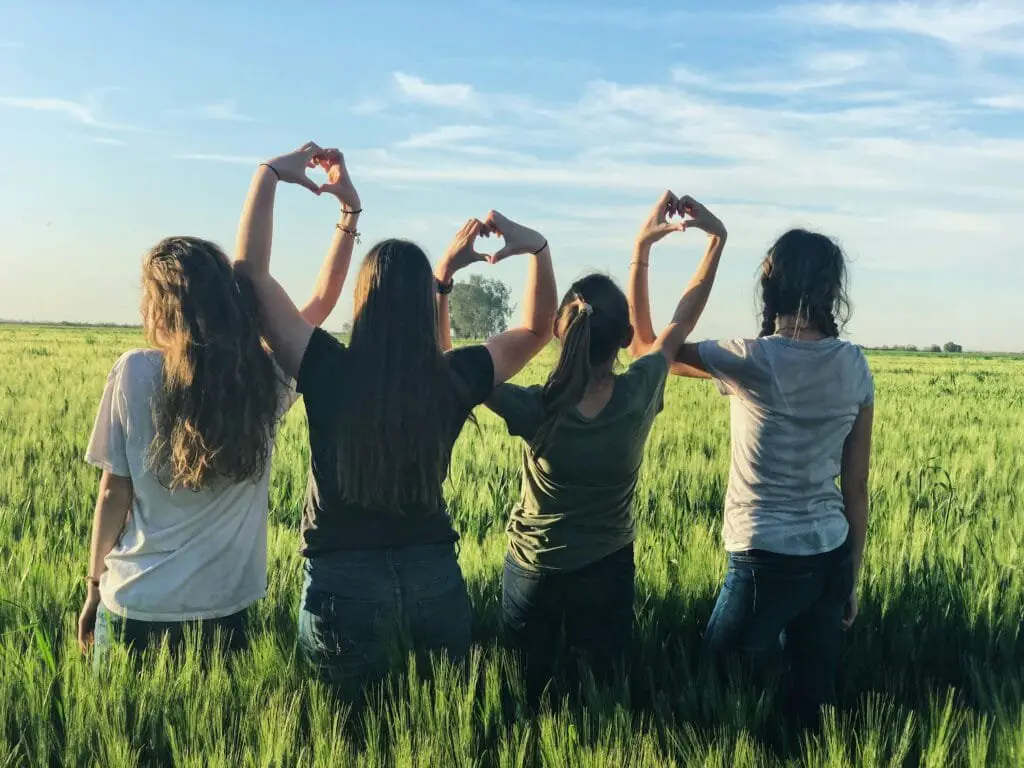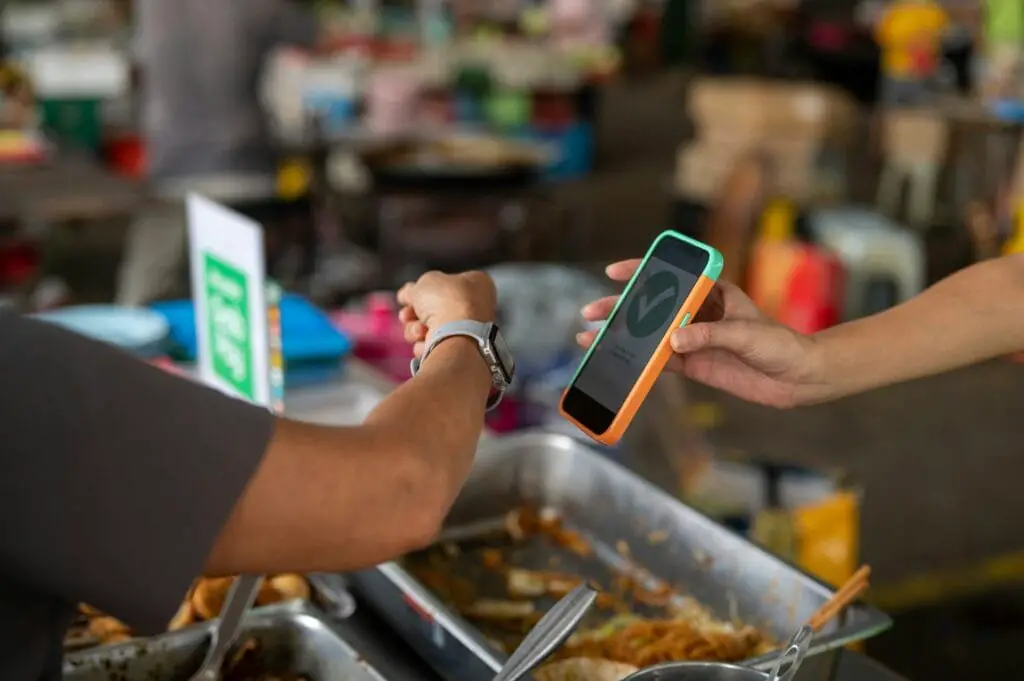In the age of social media, our lives feel like open books, with every moment captured and shared in real-time. But not so long ago, life was different. For many of us, privacy was a cherished part of daily life. We had boundaries, both online and offline, that helped us maintain a sense of self and security. Let’s take a nostalgic trip down memory lane to explore what life was like before social media knew everything about you—and why those simpler times hold such profound meaning for us.
1. The Thrill of Personal Connections

In the past, getting to know someone involved real conversations and shared experiences. Whether it was at a coffee shop, a family gathering, or a neighborhood block party, relationships flourished face-to-face. Today, connections can feel superficial, as interactions are often filtered through screens, making us long for the genuine bonds we used to form.
2. Privacy Was a Given

Back then, privacy was inherent in everyday life. We didn’t think twice about what we shared or who might see it. Conversations were private, and our lives were our own. Nowadays, the idea of privacy seems almost quaint. Social media platforms encourage us to share every detail, and what was once personal can quickly become public. This shift makes us yearn for the days when our lives weren’t on display for the world to see.
3. Communication Was Intentional

Before texting and social media, communication required thought and effort. We picked up the phone or wrote letters, investing time into our words. Each conversation held significance, and waiting for a reply built anticipation. Today, the immediacy of digital communication often leads to misunderstandings and oversharing, leaving us nostalgic for the slower, more deliberate pace of old-fashioned communication.
4. Your News Was Local

In the past, you learned about your community through local newspapers, neighborhood bulletin boards, and word of mouth. Information was personal and often connected to your immediate circle. Now, the vastness of the internet exposes us to information overload, often making it hard to discern what’s relevant or important to our lives. We miss the sense of belonging that came from knowing what was happening in our small, close-knit communities.
5. Boundaries Were Respected

In the era before social media, personal boundaries were clear. You could leave work at work, and your home life remained separate. Today, the lines between professional and personal life have blurred, often leaving us feeling like we need to be “on” all the time. The respect for our private spaces is a cherished memory, reminding us of the importance of self-care and maintaining a healthy balance.
6. The Mystery of Life

Life had an element of mystery before social media. You didn’t know every detail about your friends’ lives or their latest vacation through constant updates. Instead, you learned about each other over time, savoring the little surprises that came with getting to know someone. That sense of wonder and discovery has diminished, making many long for a time when relationships unfolded naturally.
7. No Pressure to Share

In the past, there was no pressure to document every moment of our lives. We enjoyed experiences without the need to capture them for social media. Whether it was a family picnic or a weekend getaway, we were present in the moment. Today, many feel compelled to share their experiences online, often at the expense of truly enjoying them. This constant pressure can detract from the joy of living in the moment.
8. The Joy of Analog

Before smartphones, we relied on analog tools for communication and entertainment. Landline phones, handwritten letters, and physical photographs were our means of connection. The tactile nature of these items created a sense of intimacy and nostalgia that today’s digital tools often lack. Many of us miss flipping through old photo albums, reliving memories without the distraction of notifications.
9. Conversations Were More Meaningful

In the past, conversations often lasted for hours, delving into thoughts, feelings, and shared experiences. We took the time to listen and engage deeply with one another. Today, conversations can feel rushed and fragmented, often interrupted by our phones. That depth of connection is something many of us cherish from the past, reminding us of the importance of truly being present with one another.
10. The Beauty of Anticipation

Remember waiting for a letter to arrive or counting down the days until a friend would come to visit? Anticipation was a beautiful part of life. Today, everything happens at lightning speed, and that sense of waiting has largely disappeared. Instant gratification has become the norm, and while convenient, it can dull the excitement that comes with anticipation.
11. Less Comparison, More Contentment

Before social media, we were less exposed to the curated lives of others. We focused more on our own journeys without constantly comparing ourselves to the highlight reels of our friends. This lack of comparison allowed us to find contentment in our lives, fostering gratitude for what we had rather than longing for what we saw online. Today, the pressure to keep up can sometimes overshadow our own happiness.
12. Intimacy Came from Shared Experiences

In the past, intimacy was built through shared experiences, whether it was enjoying a meal together or watching a movie side by side. The absence of digital distractions allowed us to connect on a deeper level. Nowadays, it’s all too easy to be physically present but emotionally absent, as we scroll through our phones instead of engaging with those around us.
13. A Greater Sense of Safety

Life before social media felt safer in many ways. We had a sense of control over our information and what we shared with the world. Today, privacy breaches and identity theft are all too common, making many of us feel vulnerable. We miss the peace of mind that came with knowing our personal lives were just that—personal.
14. Trust Was Earned, Not Assumed

In the past, trust was built over time through shared experiences and face-to-face interactions. Today, it often feels like trust must be proven through digital interactions, and the speed of online relationships can lead to skepticism. Many of us long for the days when trust was a natural byproduct of genuine connection.


